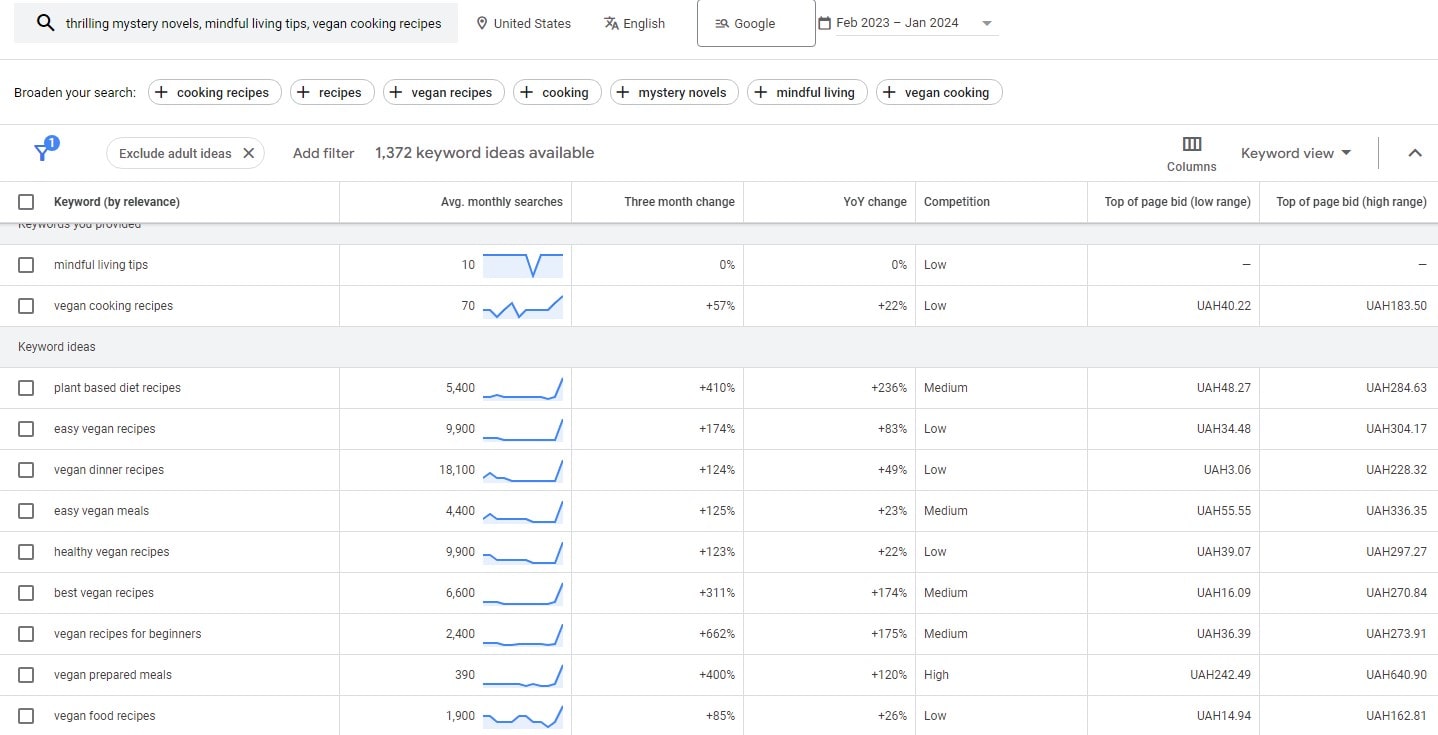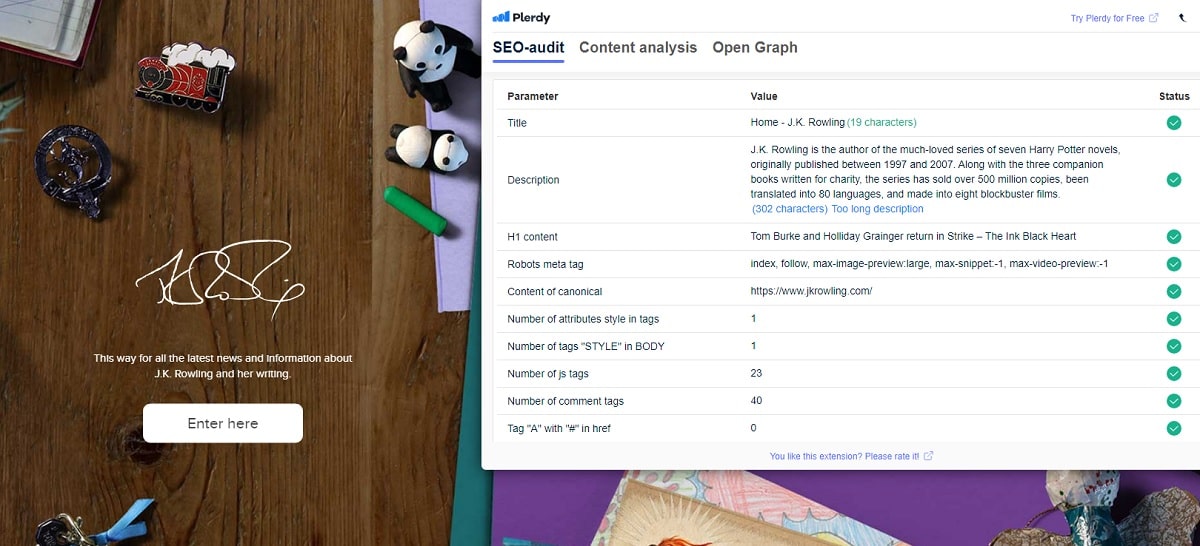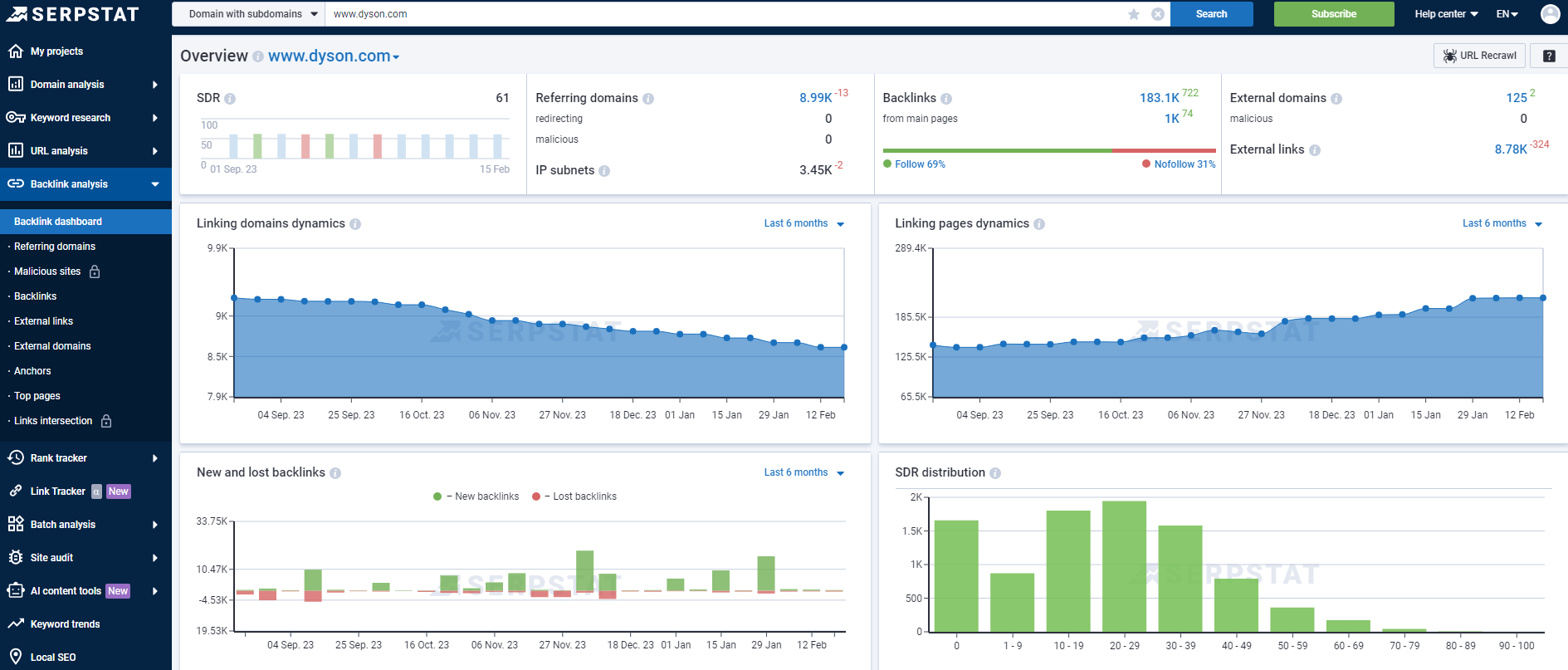Ever tried finding a needle in a haystack? That’s your book in the vast world of online search without SEO. As an author, you’re not just a wordsmith; you’re now a digital strategist in the making. The answer to standing out in the crowded digital library is SEO. It’s about making your work visible to those searching for it. With Plerdy’s insights, this journey into SEO doesn’t have to be a puzzling maze. Let’s dive into the basics of SEO, tailor-made for authors, and transform your online presence into a beacon for your readers.

Understanding the Basics of SEO
Imagine your book is a star in the vast universe of the internet. SEO is the telescope that helps readers find and marvel at it. Let’s demystify SEO, making it a tool you can confidently wield to illuminate your online presence.
What is SEO?
SEO stands for Search Engine Optimization. It boosts your website’s visibility on Google, Bing, and other search engines for writing-related products and services. The goal is to get higher rankings on the search results page, as higher visibility typically translates to more attention and potential readers for your book. It incorporates a variety of tactics, from keyword optimization to search engine-friendly site structure. Effective SEO combines technical knowledge and creative content strategies, ensuring your online content resonates with search engines and readers.
Why SEO Matters for Authors
For authors, SEO is crucial. It’s not just about selling books; it’s about building an audience, establishing authority, and expanding your digital footprint. With most readers starting their book search online, appearing in top search results can significantly increase your visibility. Good SEO practices ensure your target audience finds you when looking for books in your genre. Whether you’re a novelist, a non-fiction writer, or a poet, SEO helps you reach the readers searching for what you’ve written. It’s about connecting with people who are already interested in your type of writing but just haven’t discovered you yet. Even the best writing can be lost online without SEO.
Key SEO Terms Explained
To start with SEO, it’s important to understand some key terms:
- Keywords: These are words or phrases that people use to search for content like yours. For an author, relevant keywords include your genre, book titles, or topics covered in your writing.
- Meta Tags: These snippets of text describe a page’s content; they don’t appear on the page itself but in the page’s code. They assist search engines in interpreting your page.
- Backlinks: Search engines trust reliable websites that link to yours.
- SERP: Search Engine Results Page. This is the page you see after searching. It lists all the websites relevant to your query.
- Alt Text: Short for alternative text, this describes images on your website, helping search engines understand and index multimedia content.
For a deeper dive into SEO, Moz’s Beginner’s Guide to SEO is an excellent resource.
As you start your SEO journey, remember that comprehending these principles is the first step to online visibility. By mastering these fundamentals, you’re an author and an adept digital marketer ready to shine in the ever-expanding digital galaxy of books.
SEO is an essential tool for authors in the digital age. Understanding and applying basic SEO principles can significantly boost your online visibility, attract more readers, and establish a strong digital presence. Keep these concepts in mind as we delve further into the world of SEO for authors.
Keyword Research for Authors

Finding the right keywords is like choosing the perfect title for your book – it can captivate and draw in your audience. In the digital world, keywords are how readers find your content. Let’s unravel the art of keyword research, a crucial step in optimizing your online presence as an author.
Tools for Keyword Research
Begin with the right tools. Google Keyword Planner is renowned for search traffic and competition data. Ubersuggest, another free tool, provides keyword ideas and SEO analyses. Use these tools to identify keywords related to your genre, book titles, and themes. Look for keywords with a high search volume but moderate to low competition. This balance increases your chances of ranking higher on search engine results pages (SERPs). Remember, the goal is to find words or phrases your potential readers are entering into search engines. Tools like AnswerThePublic can also provide ideas by showing questions people ask about your topic. These tools are starting points in your keyword research journey, offering a peek into the minds of your readers.
Identifying Your Target Keywords
Identifying the right keywords involves understanding your audience. What are they searching for? Are they looking for “thrilling mystery novels,” “self-help books for personal growth,” or “historical fiction set in the Victorian era”? Think about the unique aspects of your writing. If you specialize in a niche, like “vegan cooking recipes,” your keywords should reflect this. Experiment with different combinations of keywords. For instance, if you write about mindfulness, try variations like “mindfulness techniques,” “meditation for beginners,” or “mindful living tips.” Use long-tail keywords – longer, more specific phrases with a lower search volume but high relevance. These are less competitive and can attract a more targeted audience. Analyze the keywords used by successful authors in your genre. Tools like SEMrush and Ahrefs offer insights into competitors’ keyword strategies.
Analyzing Keyword Competitiveness
Analyzing keyword competitiveness is about striking the right balance. Highly competitive keywords can be hard to rank for new authors or websites. Use your keyword research tools to assess the competition level for each keyword. Look at the “Keyword Difficulty” or “Competition” metric these tools provide. Aim for keywords with a lower score, as they are easier to rank for. However, don’t shy away from competitive keywords entirely. They can provide long-term goals for your SEO strategy. Monitor your website’s performance using Google Analytics. Attention to how different keywords affect your traffic and adjust your strategy accordingly. Always remember that SEO is a continuous activity. Continuously researching and updating your keywords is crucial for staying relevant and visible in search results.
Authors must know their audience, use the correct tools, and refine their techniques for keyword research. It’s a blend of creativity and analytics, much like writing itself. Keyword research lets you direct readers to your book in the internet’s massive digital library. Remember these strategies as you embark on your SEO journey, and watch as your digital presence grows alongside your readership.
Optimizing Your Author Website

Your author website is your digital home, where your writing life meets your readers. Just as you carefully craft your stories, your website needs the same attention to detail in optimization. Let’s explore how to make your website not just showcase your work but also a magnet for readers and search engines alike.
Crafting SEO-Friendly Content
Content is king in the SEO world. Start with high-quality, engaging content that resonates with your audience. Use your identified keywords naturally throughout your text. For example, incorporate phrases like “mystery thriller” or “crime fiction” in your web pages if you’re a mystery novelist. Blog regularly about topics related to your writing – this keeps your website fresh and gives more opportunities for ranking in search engines. Ensure your content is valuable and informative, perhaps sharing insights about your writing process or the themes in your books. Google favors content that provides real value to readers. Keep paragraphs short, use headings (H1, H2, H3) to structure your content, and ensure it’s easy to read. Tools like Yoast SEO can guide you in optimizing content for your chosen keywords.
Meta Tags and Descriptions
The title tag, which appears in the browser tab and search results, should be catchy and include your main keyword. Meta descriptions give a summary of your page’s content. Although they don’t directly influence rankings, a compelling meta description can improve click-through rates. Keep it under 160 characters and ensure it’s enticing and relevant to the page’s content. Remember, each page on your website should have unique meta tags and descriptions reflective of the content on that particular page. Tools like Moz’s Title Tag Preview Tool can help you craft effective titles and meta descriptions.
Enhancing User Experience for SEO
Well-designed, user-friendly websites encourage visitors to stay longer and explore more, which signals to search engines that your site is valuable. Make sure your website is mobile-friendly; a large portion of web browsing is done on mobile devices. Page loading speed is also important. Slow websites increase bounce rates, hurting SEO. Use tools like Google’s PageSpeed Insights to evaluate and improve your site’s loading speed. Navigation should be intuitive; readers should easily find what they’re looking for, be it your latest book, blog posts, or contact information. Lastly, regularly update your website with new content and fix broken links. These practices keep your site relevant and visitor-friendly, contributing to better SEO.
Optimizing your author’s website for SEO combines art and science. By focusing on quality content, effective meta tags, and a stellar user experience, you turn your website into a powerful tool that attracts readers and search engines. Remember, your website is a dynamic extension of your writing. Please treat it with the same care and creativity as you do with your stories, and watch as it becomes a thriving hub for your author brand.
SEO-Centric Blogging and Content Strategy for Authors

In digital authorship, an author’s reach extends beyond the book into the strategic world of SEO-centric blogging and content creation. Crafting a robust content strategy for an author is parallel to plotting a captivating novel—it demands careful planning, creative flair, and a profound understanding of your target audience’s SEO preferences. Let’s navigate the nuances of integrating blogging and content strategy into your SEO toolkit as an author.
Maximizing Author Visibility through SEO-Driven Blogging
For authors, blogging transcends mere expression; it’s a strategic SEO lever to amplify your website’s visibility in search engines. Each blog post allows authors to incorporate new SEO keywords, broadening their reach and attracting a diverse audience. Search engines favor regularly updated websites, and an author’s consistent blogging activity signals an active, SEO-relevant site, meriting higher rankings. Blogging allows authors to delve into topics connected to their book genres, establishing their SEO authority in specific niches. For example, authors might create SEO-rich posts on themes like “navigating the book publishing world” or “the art of character development in novels,” ensuring content resonates with readers and aligns with SEO best practices. Strategic use of relevant SEO keywords tailored to the author’s genre and reader interests is essential in each blog post.
Organizing SEO Content with an Author’s Calendar
For authors, a well-planned content calendar is essential for a structured, SEO-focused blogging approach. It’s a strategic tool to plan diverse, SEO-optimized content catering to the varied interests of your audience. Authors should identify key SEO themes linked to their books and genres. For instance, a historical fiction author might focus on themes like “crafting authentic historical narratives” or “exploring historical eras in novels.” Planning posts around these SEO themes, aligned with book releases or literary trends, ensure a balanced mix of evergreen and topical content. Tools like Google Calendar or Trello can assist authors in meticulously organizing their SEO-driven content schedules. Aiming for regular updates, such as weekly posts, maintains a consistent flow of SEO-optimized content, engaging your audience regularly. This proactive planning aids in delivering high-quality, SEO-focused content.
Engaging Readers with SEO-Optimized Author Blogs
The effectiveness of an author’s blog lies in its ability to engage readers with captivating, SEO-optimized content. Authors should aim to create informative posts that are enriching and woven with SEO strategies. For example, a science fiction author might blog about “emerging trends in science fiction” or “science fiction versus fantasy: exploring the genres,” embedding relevant SEO keywords. Using storytelling techniques, adding visuals like book covers or related imagery, and incorporating multimedia elements like videos enhances the SEO appeal of your blog. Engaging with readers through comments and fostering a community further boosts your blog’s SEO effectiveness. An author’s blog needs engaging, topical, and SEO-friendly content.
To conclude, blogging and content strategy are integral to an author’s SEO journey. Writing well-planned, interesting, and SEO-optimized content helps you connect with readers and increase your online visibility. Embrace blogging as a vital part of your authorial identity, a platform where your stories continue to captivate and attract your audience through strategic SEO implementation.
Link Building for Authors

In the world of SEO, link building is akin to networking in the literary community. Making connections and building your website’s credibility and authority are key. For authors, effective link building improves SEO and expands your reach in the literary world. Let’s explore how to build these vital connections.
The Basics of Link Building
Start by writing engaging blog articles, book extracts, or reader resources others want to link to. Search engines see these hyperlinks as proof that your material is trustworthy.
Strategies for Acquiring Backlinks
Developing a strategy for acquiring backlinks involves multiple steps. First, identify potential link partners, such as book bloggers, literary forums, and author networks, who share a similar audience. Send personalized messages explaining why linking to your content would benefit their readers. Remember to offer value, not just a link. Participating in online literary communities can also lead to natural link-building opportunities. Discuss, offer advice, and share links. Collaborations like joint webinars, online workshops, or co-authored blog posts are excellent for mutual promotion and link sharing.
Leveraging Social Media for SEO
Social media platforms are invaluable tools for link-building. Regularly post updates about your blog posts, new book releases, or any literary events you’re involved in. Use engaging descriptions and eye-catching images to encourage shares and likes. Sharing your work on social media enhances visibility and links. You can join author groups and literary communities on platforms like Facebook and LinkedIn. Participate in discussions and share your expertise. When applicable, connect to your website or blog in comments or posts. Not just dropping links, but becoming an active and productive part of these groups.
Author link building involves cultivating relationships and making your website a literary resource. By connecting with the community, offering valuable content, and using social media, you may establish a backlink network that helps SEO and author reputation. Remember, each link is a bridge to a new audience, opening up endless possibilities for your writing career.
Conclusion
Embarking on your SEO journey is like opening a new chapter in your author’s story that leads to discovery and connection with your readers. By understanding and applying the insights from this guide, you’re setting the stage for your online presence to flourish. Remember, the world of SEO is dynamic, much like the ever-evolving narratives you create. Keep exploring, adapting, and learning. And if this guide has sparked your curiosity, Plerdy’s blog is a treasure trove of further insights and strategies to enhance your digital journey. Embrace the power of SEO with Plerdy – your partner in weaving compelling digital stories that captivate and engage your audience.

